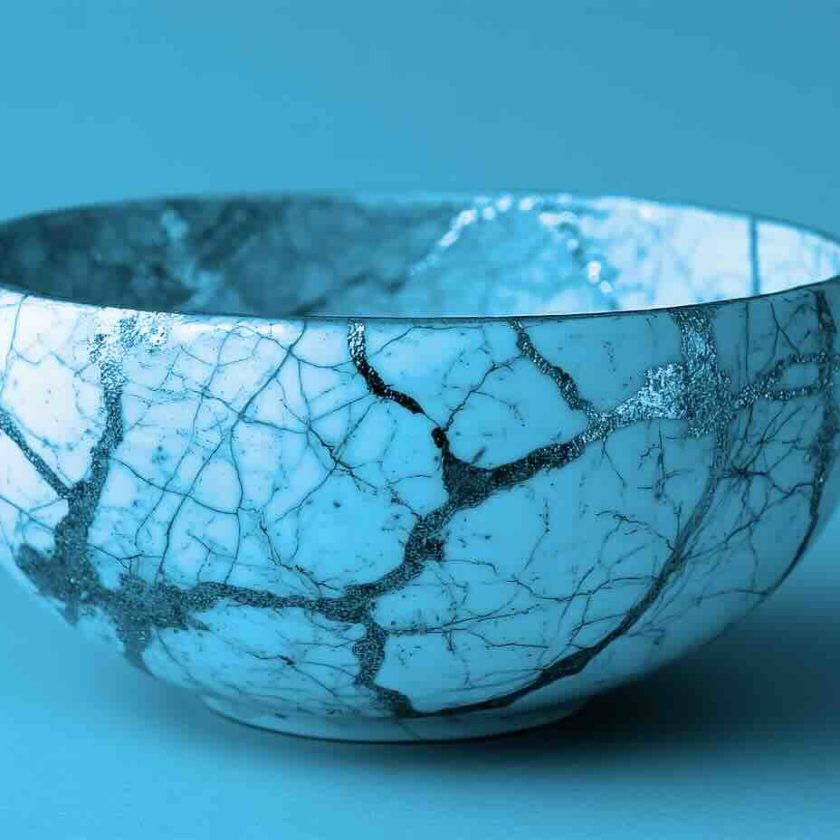Your strengths are often burdens that can be a disadvantage in the long run. There are qualities that we want to have without noticing that they can generate other defects, let’s see some trends.
Beauty
Beauty, especially if you are a woman, brings all kinds of advantages. The world is like that, women are looking for security in their partner while men are looking for fertility, which beauty represents the expression of a good genetic heritage. Beyond this trivial aspect, it generates different biases. The first one is the halo effect which consists in associating to a person A a beta quality under the pretext that he already possesses an alpha quality (in this case beauty). Beauty being an obvious characteristic because it is visual (we can admit the idea that there are cardinal principles – symmetry, harmony, etc.). – although everyone’s tastes may vary). Someone who is beautiful will generally be perceived as being more intelligent than the average person, since our brain makes an association between two qualities that have no correlation – in this case the effect of this bias can even cause the opposite -. This view of others often biases the subject’s own perception: people think I’m smart, so I’m smart. By acquiring this self-confidence, individuals judged to be beautiful can enjoy a Pygmalion effect (they end up developing the qualities that are attributed to them) or, on the contrary, develop intellectual laziness because they are deprived of a form of doubt. This absence of doubt has the consequence of representing a brake on their intellectual development. In such a case, the beautiful individuals can become less intelligent than the average because they lose the essential component of their progress in this field.
Comfort
Comfort is also a double-edged sword. Sometimes it provides the necessary conditions for development in all areas (intellectual, emotional, physiological, etc.), sometimes it atrophies our spirit of initiative and deprives us of surpassing ourselves in these same areas. Comfort is all we are looking for in the end. Indeed, we could say that it is the satisfaction of a certain number of our desires. As indicated by Maslow’s pyramid of needs, in order to develop a capacity corresponding to a need, we must first have developed the lower / previous need. Thus, in order to satisfy our desire to surpass ourselves intellectually, we must have food, shelter and be sure to live in conditions where our life is not in danger. In this way, every comfort is potentially a stepping stone to a corresponding higher need. However, it turns out that we do not always have such high aspirations. The need for fulfillment is not shared by everyone. In this case, once a comfort is reached, it can be associated with a form of stagnation. This is why it is necessary to aim for comfort while maintaining relatively “high” desires, without which we have no room for progress.
Extroversion
Being extroverted is a quality that we all strive for at some point. The world of TV shows, popular music or even Youtube stars put forward such a quality. It is not uncommon to try to imitate them, unconsciously at least. Extroversion can be a blessing because it allows us to easily connect with people and finally to see the outside world not only from the perspective of threat. When this trait becomes too exacerbated, it can again become a burden. Extreme extroversion can generate a form of superficiality. The inability to be alone or to concentrate on an “introverted” activity such as reading can have the effect of never being able to delve deeply into a given subject. Relying solely on glibness or chat can be dangerous. Often others can spot us from a mile away and they are not fooled: we think we are smarter than we really are and this is a flaw that we can pay a high price for (loss of credibility or damage to our reputation).
Being always working
At first glance, being a workaholic seems to be an undeniable quality. It opens most doors in the professional world. However, it can hide two flaws: the inability to ask yourself the right questions and developing a form of intelligent procrastination.
Being hyperactive can result from an inability to “sit back” and take a step back to see the big picture. When one develops a form of intelligent laziness, one can simply fall into the trap of not getting into the habit of seeing things from a different perspective. When we exhibit a little laziness, we stop to wonder if there is a better way to do something. This usually generates innovation. Efficiency often comes down to finding the right mix between work and laziness: wanting to eliminate one or the other necessarily leads to a sub-optimal level of result. Another possible and frequent aspect of people who define themselves as workers is that they tend to do a lot of things to avoid THE thing they should be doing. This is called smart procrastination. It’s also a suboptimal way to function.
Bottom line:
There are qualities that can turn out to be burdens.
It is good to counterbalance a quality by introducing an opposite quality (cf. Taoism, yin and yang).
It is good to be critical of our own qualities. Often we develop more by finding the subtle combination that matters in a quality and a supposed defect.










